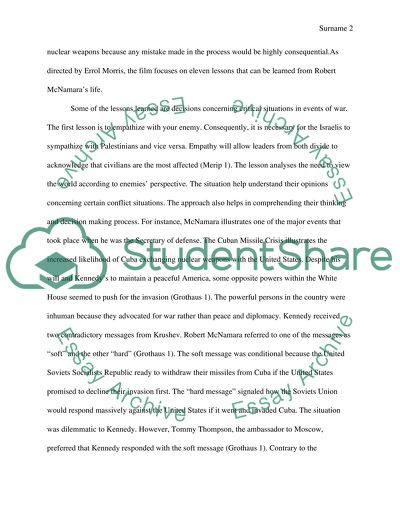Cite this document
(“Movie - essay Example | Topics and Well Written Essays - 1250 words”, n.d.)
Movie - essay Example | Topics and Well Written Essays - 1250 words. Retrieved from https://studentshare.org/social-science/1664744-movie-essay
Movie - essay Example | Topics and Well Written Essays - 1250 words. Retrieved from https://studentshare.org/social-science/1664744-movie-essay
(Movie - Essay Example | Topics and Well Written Essays - 1250 Words)
Movie - Essay Example | Topics and Well Written Essays - 1250 Words. https://studentshare.org/social-science/1664744-movie-essay.
Movie - Essay Example | Topics and Well Written Essays - 1250 Words. https://studentshare.org/social-science/1664744-movie-essay.
“Movie - Essay Example | Topics and Well Written Essays - 1250 Words”, n.d. https://studentshare.org/social-science/1664744-movie-essay.


